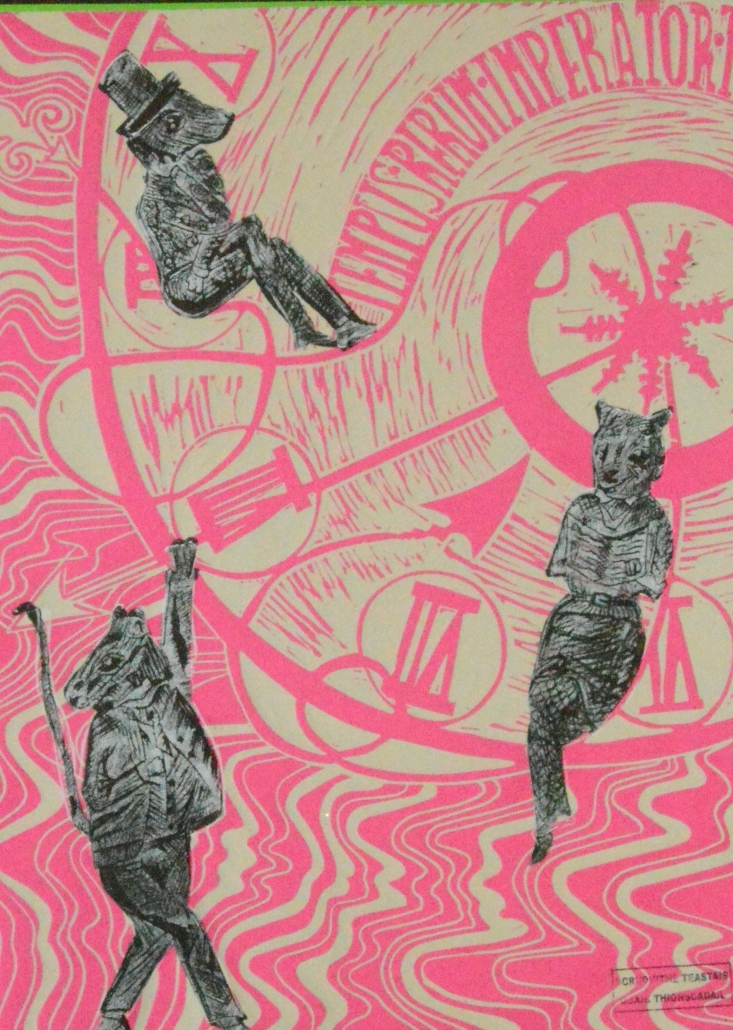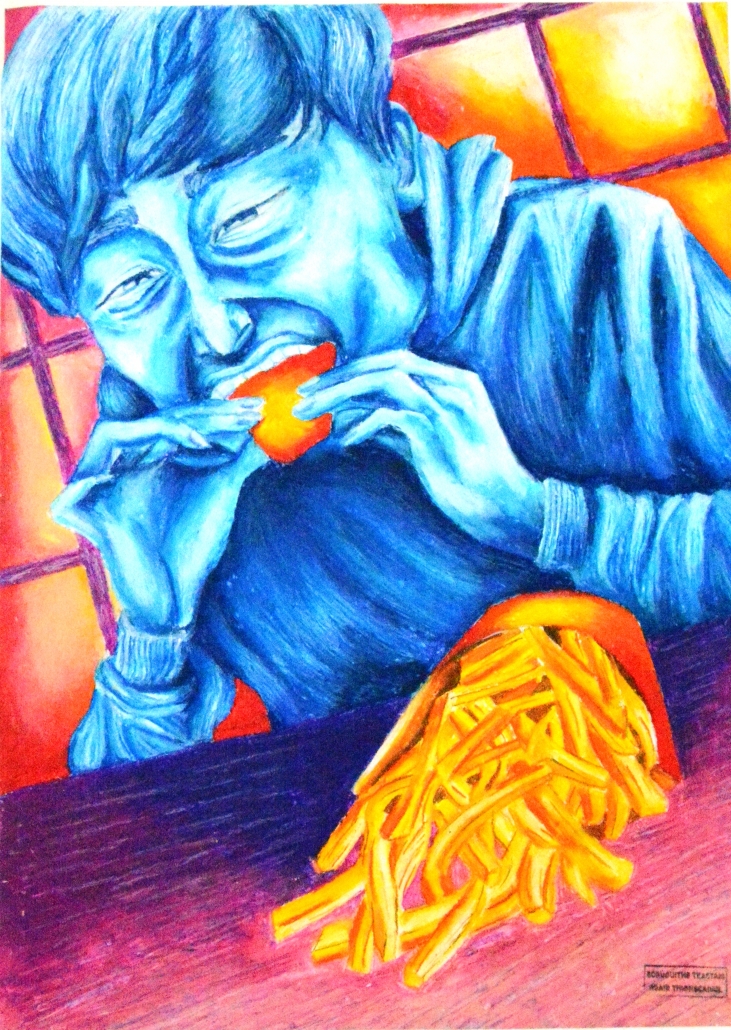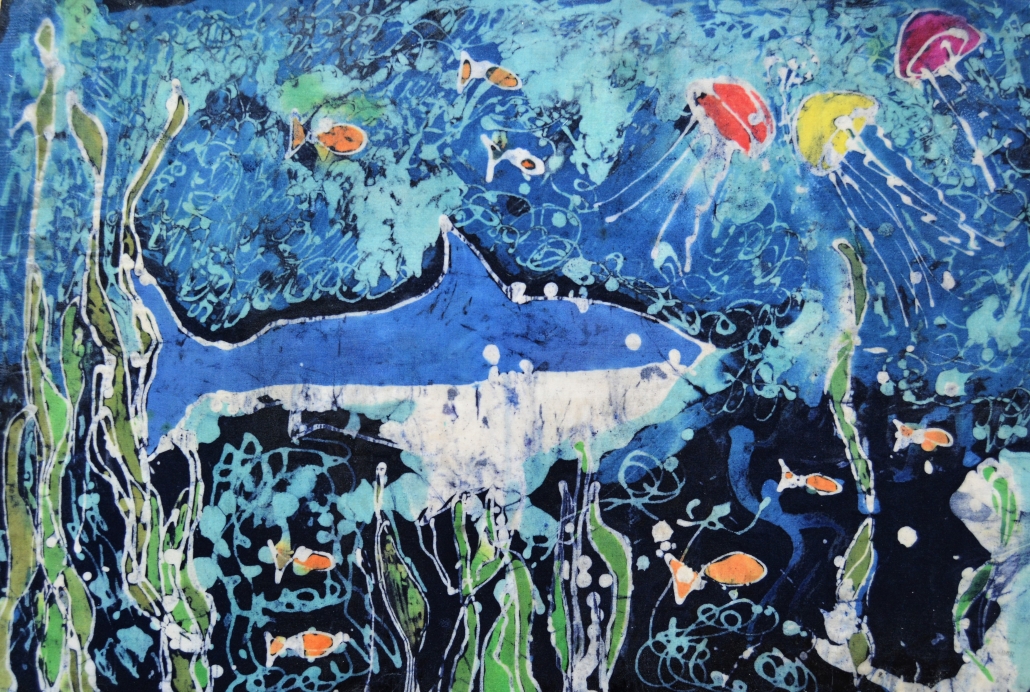There are under 4 weeks to go until researchED Dublin, Ireland’s first-ever such event (on Saturday the massive London conference, with 1500 delegates and 170 speakers, was a huge success).
Our event is of course smaller, but certainly very high quality, and below are the titles of the 30 sessions available to delegates. The timetable will be released before long, and there will be some tough choices to make (5/6 sessions run concurrently apart from the first and last ones). More detail on sessions on the @researchEDDub Twitter account during this week. More on the speakers themselves here.
(in alphabetical order by speaker)
Neil Almond: I structure (most of) my maths lessons: putting research into practice
Kate Barry: Retrieval Practice for Long-Term Learning
Edmond Behan: Teaching students to collaborate: the impact of skills training on student engagement in collaborative learning.
Tom Bennett: Behaviour lessons from the best UK schools.
Fred Boss: Open Digital Badges in Formal Education in Ireland.
Pedro de Bruyckere: The Ingredients for Great Teaching.
Daisy Christodoulou: Seven Myths about Education (keynote address).
Daisy Christodoulou: Comparative judgement: an easier way to assess writing
David Didau: Making Kids Cleverer: A manifesto for closing the advantage gap
Stuart Farmer: Networked Learning Communities – the solution to effective professional learning of teachers?
Leona Forde: Getting research into practice: one school’s story of building a system for teacher-led professional development.
Rebecca Foster: On Bjork’s Desirable Difficulties in the classroom.
Gráinne Hallahan: The Batman Effect: what it does (and doesn’t) tell us about concentration in the classroom.
Eva Hartell: Comparative judgment – unpacking teachers’ assessment practices in STEM education.
Carl Hendrick: The Pedagogy Delusion: When Teaching Kills Learning
Humphrey Jones & Mary Singleton: A Research-Led Approach to School Science Laboratory Design.
Peter Lydon: Some Hard Truths from Gifted Education.
Ann Marcus-Quinn and Tríona Hourigan: Open Education and post-primary education.
James McCoy: Introducing a knowledge-rich curriculum at Key Stage 3: a case study.
Jennifer McMahon: ‘Learning from yesterday to prepare for tomorrow’: teacher perspectives on applying evidence to practice.
Conor Murphy: The Importance of Film: a brief history of its place at second-level, and how we can embed it in our schools.
Dianne Murphy: Seven Misconceptions About Teaching Adolescents to Read.
James Murphy: Six Kinds of Behaviour Problems and How to Deal With Them.
Mary Myatt: Curriculum: Controversies, Concepts and Conversations.
Mirjam Neelen: Teachers teach but do they learn? How to improve your own self-directed learning skills.
Sandrine Pac-Kenny: What they don’t tell you about learning a language!
Alex Quigley: Closing the Vocabulary Gap.
Tom Sherrington: Why are Barak Rosenshine’s Principles of Instruction so popular and so good?
Victoria Simms: Evidence-based primary maths: what is research really telling us?
Claire Stoneman: Senior Leadership: how can we help novice senior leaders learn?






